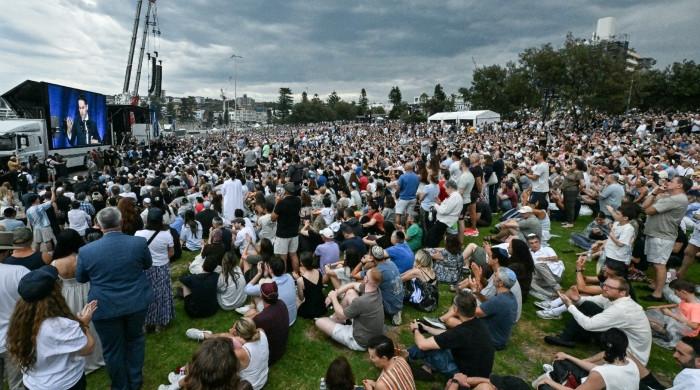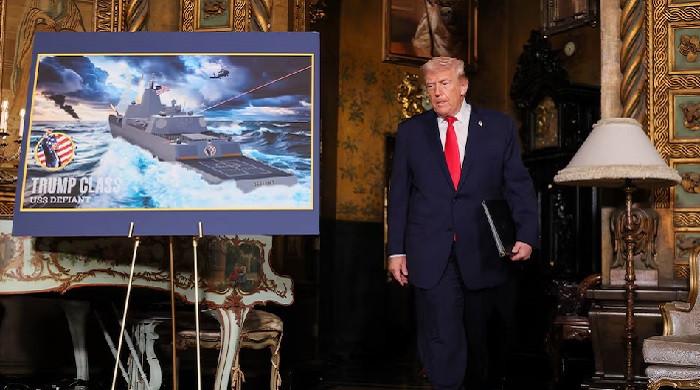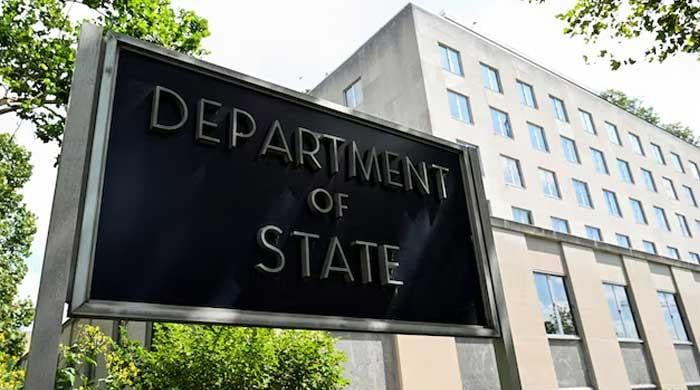US reflects on anniversary of Martin Luther King march
WASHINGTON: The United States reflects on one of the turning points of its recent history starting this weekend when it marks the 50th anniversary of Martin Luther King's March on Washington.Some...
August 23, 2013
Some 150,000 are expected Saturday on the National Mall to re-enact the moving civil rights rally where King delivered his iconic "I Have a Dream" speech from the Lincoln Memorial.
Then on Wednesday, the anniversary, church bells will peal across America while President Barack Obama, the first African American in the White House, will speak from the same steps.
Many other events are planned around the country, giving Americans a chance to reflect on how far they have come in terms of race relations -- and how far they still have to go.
"I have always stated that we have made great progress in this country, but to blindly believe that our work is over is foolish and naive at best," said civil rights activist Reverend Al Sharpton, a co-organizer of Saturday's event.
"If this year has shown us anything, it's that the work of the 1963 march is not yet finished," added Benjamin Jealous, head of the National Association for the Advancement of Colored People (NAACP), one of America's oldest civil rights organizations.
"Voting rights are under attack, black unemployment continues to soar and thousands of black children are living in impoverished neighborhoods and attending segregated schools ... black youth are being gunned down each and every day in senseless acts of violence."
An estimated 250,000 people of all races descended on the Mall on a sweltering August 28, 1963 day, chanting "Equality now!" and singing "We Shall Overcome," in what was officially billed as the March on Washington for Jobs and Freedom.
Millions more watched on television -- among them President John F. Kennedy, who until then had been dragging his feet on legislation to end racial segregation in conservative Southern states.
King, 34, was the last speaker of the day.









